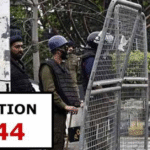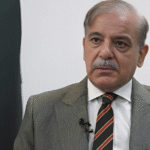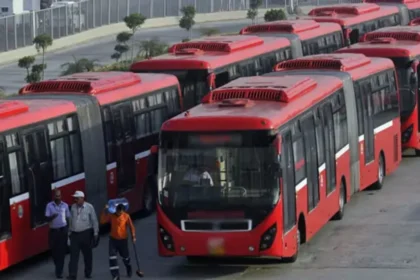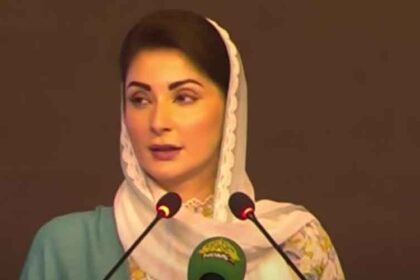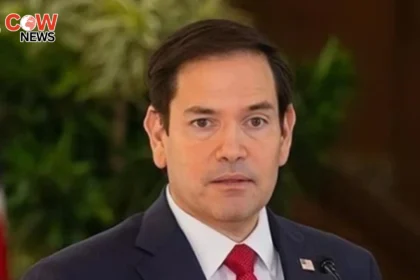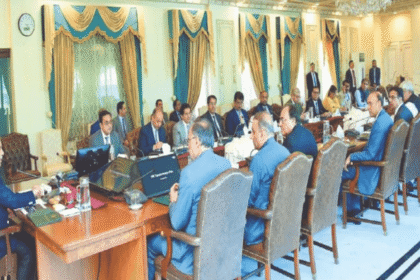In a significant escalation of tensions between the Pakistani government and the Pakistan Tehreek-e-Insaf (PTI) party, over 300 PTI workers have been booked on terror charges in connection with protests that erupted following the arrest of former Prime Minister Imran Khan. This development has sent shockwaves through the political landscape, raising concerns about the implications for democracy, civil liberties, and the future of political dissent in Pakistan.
- Background: The Arrest of Imran Khan
- The Crackdown on PTI Workers
- Political Ramifications for the PTI
- The Role of Social Media in the Current Landscape
- Public Sentiment and Civil Society Response
- International Implications and Reactions
- The Future of PTI and Its Leadership
- Legal Battles and Their Implications
- Broader Societal Impact of the Crackdown
Background: The Arrest of Imran Khan
Imran Khan, the charismatic leader of the PTI, has long been a polarizing figure in Pakistani politics. His tenure as Prime Minister was marked by both passionate support and fierce opposition. Khan’s government faced numerous challenges, including economic difficulties, rising inflation, and a politically divided populace.
The situation took a dramatic turn when Khan was arrested earlier this year on corruption charges. His arrest sparked widespread protests across the country, as supporters of the PTI took to the streets to express their outrage. Demonstrations quickly escalated, leading to clashes between protesters and law enforcement agencies.
Khan’s arrest is seen as a significant moment in Pakistan’s political history, signaling a crackdown on dissent and the potential for increased authoritarianism. The government’s response to the protests has raised serious questions about the state of democracy in the country and the extent to which citizens can express their grievances without fear of retribution.
The Crackdown on PTI Workers
In the wake of the protests, law enforcement agencies initiated a sweeping crackdown on PTI workers. The registration of terror charges against over 300 party members, including senior leaders, underscores the government’s determination to suppress dissent and maintain control.
Legal experts have pointed out that the use of terrorism-related charges in this context raises serious concerns about the politicization of the judiciary and law enforcement. Critics argue that labeling political protests as acts of terrorism undermines the fundamental right to assembly and free speech, essential pillars of a democratic society.
The charges filed against PTI workers encompass a range of allegations, including incitement to violence, property damage, and endangering public safety. Many PTI supporters argue that these charges are politically motivated, aimed at dismantling the party’s grassroots support and silencing opposition voices.
Political Ramifications for the PTI
The implications of this crackdown on PTI workers are far-reaching. With over 300 members facing serious legal challenges, the PTI’s organizational structure and its ability to mobilize supporters are under significant threat. The party’s leadership is now faced with the dual challenge of managing legal battles for its members while maintaining momentum in the political arena.
Khan’s supporters have expressed concerns that the arrests will dissuade potential activists from joining the party, fearing repercussions for their political beliefs. As the government intensifies its crackdown, the PTI must find innovative ways to sustain its grassroots mobilization and maintain public engagement.
The arrest of such a large number of party workers may also lead to increased solidarity among PTI supporters, potentially galvanizing them around a narrative of victimization and injustice. The party could leverage this sentiment to rally its base and encourage broader participation in future protests and political activities.
The Role of Social Media in the Current Landscape
In today’s digital age, social media plays a crucial role in shaping political narratives and mobilizing public opinion. The PTI has effectively utilized platforms like Twitter, Facebook, and Instagram to connect with supporters and share their message. As the crackdown intensifies, social media will likely become an even more critical tool for the PTI to communicate with its base and counter government narratives.
Online campaigns advocating for the release of detained PTI workers are already gaining traction. Supporters are using hashtags like #ReleasePTIWorkers and #JusticeForPTI to amplify their voices and draw attention to what they perceive as state repression.
However, the government has also demonstrated its ability to control the digital narrative. Reports of social media censorship and crackdowns on dissenting voices have surfaced, raising concerns about the future of free expression in Pakistan. The government’s efforts to stifle online dissent may prompt further backlash from the PTI and its supporters, leading to a more entrenched conflict.
Public Sentiment and Civil Society Response
The public’s reaction to the crackdown on PTI workers reflects a complex tapestry of opinions and sentiments. While many of Khan’s supporters have taken to the streets in protest, there is also a segment of the population that is concerned about the escalating violence and instability that has accompanied the protests.
Civil society organizations, human rights activists, and legal experts have raised alarms about the implications of this crackdown for civil liberties and the rule of law. Calls for accountability and transparency in the legal process are growing louder, with many urging the government to reconsider its approach to handling dissent.
The arrests of PTI workers have prompted discussions about the importance of protecting democratic values and ensuring that political expression is not criminalized. Activists are advocating for a more inclusive political discourse that allows for diverse voices to be heard without fear of reprisal.
International Implications and Reactions
The international community is closely monitoring the situation in Pakistan, particularly as it pertains to human rights and democratic governance. Reports of mass arrests and state repression have drawn condemnation from various human rights organizations, emphasizing the need for Pakistan to uphold its commitments to international human rights standards.
Countries that have traditionally maintained strong ties with Pakistan, such as the United States and the United Kingdom, may reassess their diplomatic relationships in light of these developments. The use of terror charges against political opponents raises concerns about the stability of democratic institutions in Pakistan and may prompt calls for more rigorous oversight and accountability.
As international observers pay attention to the unfolding events, there is potential for increased scrutiny of Pakistan’s human rights record. The government’s handling of dissent could influence foreign aid, investment, and diplomatic relations, as countries weigh their interests against concerns for democracy and human rights.
The Future of PTI and Its Leadership
As the political landscape evolves, the future of the PTI and its leadership remains uncertain. Imran Khan’s charisma and ability to connect with the electorate have been instrumental in the party’s rise to power, but the current crackdown poses significant challenges.
The PTI must navigate internal divisions and external pressures while striving to maintain its relevance in an increasingly polarized political environment. The leadership will need to engage with its supporters, emphasizing the importance of democratic values and the right to dissent.
Moreover, the party may need to consider strategic alliances with other political groups to strengthen its position and counterbalance the government’s efforts to suppress opposition. Building coalitions and fostering dialogue among various stakeholders could enhance the PTI’s legitimacy and broaden its appeal.
Legal Battles and Their Implications
The legal battles facing PTI workers will play a crucial role in shaping the party’s trajectory moving forward. The outcome of these cases may influence public perception and impact the party’s ability to mobilize support. Legal challenges can serve as a double-edged sword—while they may galvanize support among loyalists, they can also deter potential new members from joining the party.
Legal experts argue that the politicization of the judiciary in Pakistan poses significant risks for the rule of law. The perception of an impartial legal system is vital for fostering trust in democratic institutions. As PTI workers navigate the legal process, the broader implications for the judiciary’s credibility will be under scrutiny.
The party’s legal strategy will be critical in ensuring that its members receive fair treatment and that any charges brought against them are substantiated. High-profile legal cases can attract media attention and public interest, potentially shaping the narrative surrounding the PTI’s fight for justice.
Broader Societal Impact of the Crackdown
The crackdown on PTI workers raises profound questions about the state of political dissent in Pakistan and its broader societal implications. As the government intensifies its efforts to suppress dissent, the potential for increased polarization within society grows.
The use of state power to silence opposition voices can create a culture of fear, discouraging citizens from participating in political discourse. This chilling effect may lead to a disengaged populace, undermining the democratic fabric of the nation.
Conversely, the current situation may also energize civil society and grassroots movements, prompting citizens to demand greater accountability and transparency from their leaders. The struggle for democratic rights and freedoms could inspire a new generation of activists, committed to advocating for a more just and equitable society.
As the situation unfolds, the political landscape in Pakistan remains highly dynamic. The implications of the crackdown on PTI workers extend beyond party lines, impacting the broader societal discourse on democracy, civil liberties, and the right to dissent.
With over 300 PTI members facing serious charges, the future of political expression in Pakistan hangs in the balance. The coming months will be crucial in determining how the government, opposition parties, and civil society navigate this tumultuous period.
The challenges facing the PTI and its leadership serve as a reminder of the complexities inherent in the struggle for democratic governance in Pakistan. As citizens grapple with these issues, the importance of protecting civil liberties and fostering inclusive political discourse becomes ever more apparent.
#ImranKhan #PTI #PakistanPolitics #TerrorCharges #PoliticalAnalysis #Democracy #CivilLiberties #PoliticalDissent #HumanRights #PoliticalActivism


